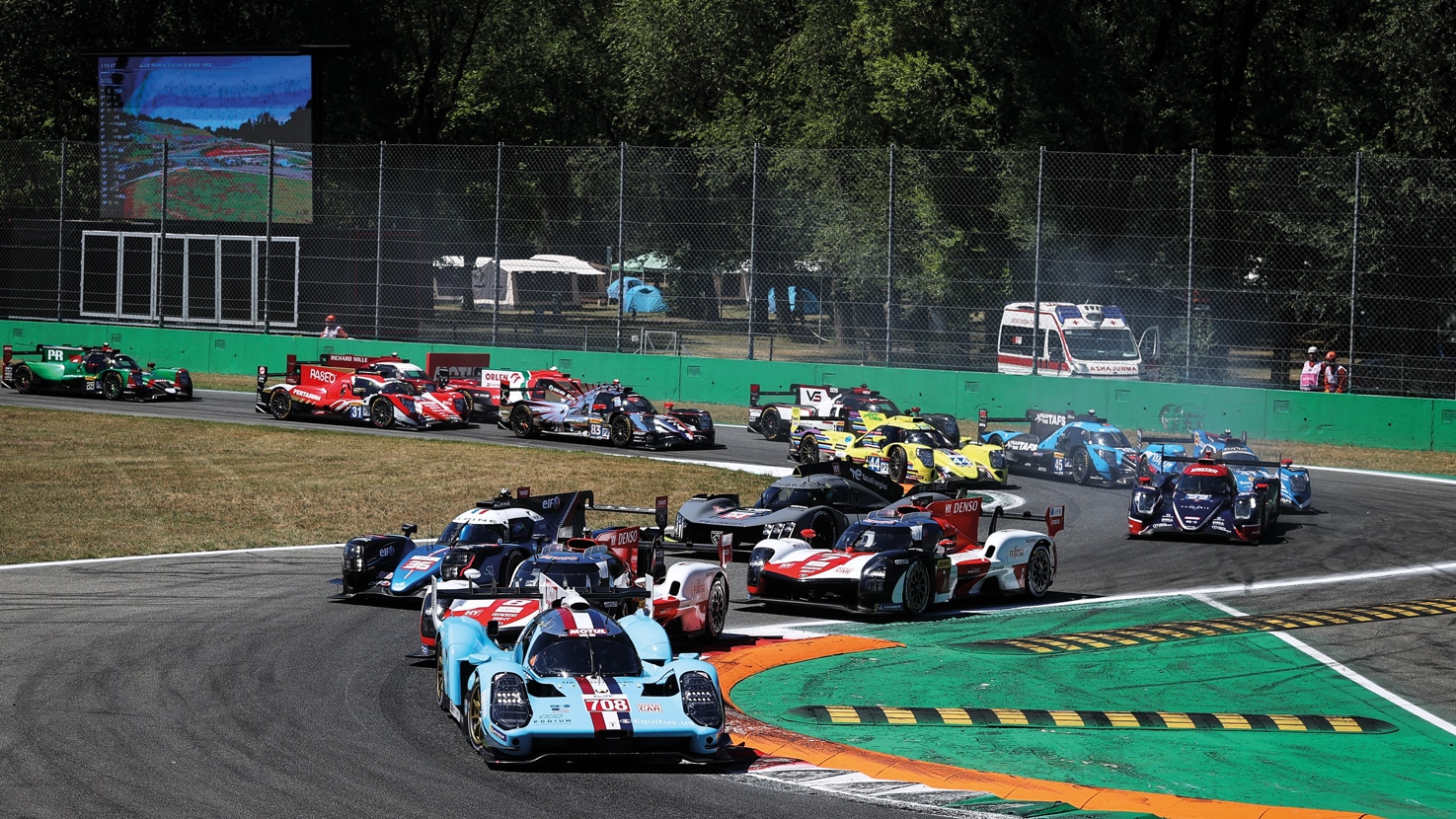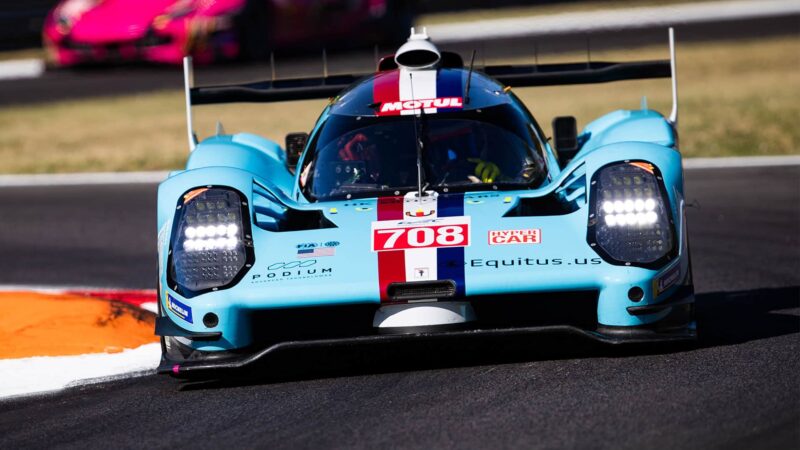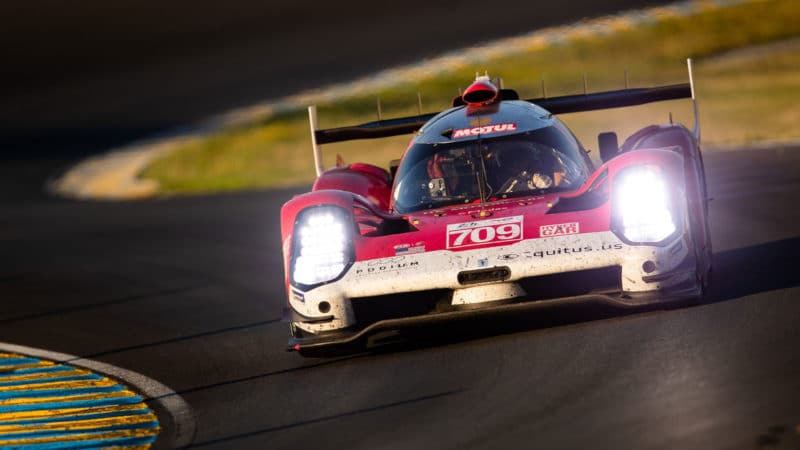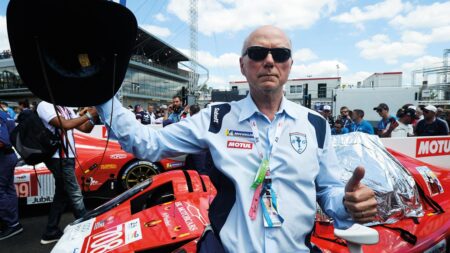“We’d need to do an evo upgrade and enter two cars in the full championship,” he emphasises. “To do that I’d need sponsorship and that doesn’t appear to be out there.”
He also pointed out that upon his team’s exit from WEC, his priority for the Glickenhaus company was now making road-going vehicles which are based on its racers from the Nürburgring 24 Hours — otherwise known as the 004.
“We have a certain capacity and we have sales up to that amount, but even if we could build more, racing in the WEC isn’t going to help us sell them. For our little company competing in the WEC just doesn’t make sense.”
But by no means is this a sad swan song to the privateer’s exit. After all, the constructor did everything it set out to do in the LMH category.
Over three years in the championship, Glickenhaus proved to be worthy participants, but its first impression was made at Le Mans in 2021, where its 007 finished an impressive fourth ahead of Alpine’s A480. The following year, the underdog returned for even better results, with Richard Westbrook, Ryan Briscoe and Franck Mailleux taking to the podium at La Sarthe behind the dominant Toyotas — with the second Glickenhaus car, piloted by Olivier Pla, Romain Dumas and Felipe Derani, scoring a best of the rest title in fourth.

Privateer on parade: a 007 leading the pack at Monza in 2022 – which should have been Glickenhaus’s first race win in the Hypercar class
Getty Images
In 2023, a grid full of new OEMs including Ferrari, Cadillac made the team’s challenge all the greater, but the team finished a commendable sixth and seventh in its final visit to Le Mans — way off another podium finish but still ahead of comparative constructor giants in Peugeot and Porsche.
“It really doesn’t get any better than that,” said Glickenhaus. “We were a legitimate effort and we did just great for a privateer. We went to Le Mans three times with two cars and got to the finish every time.” It’s an impressive feat — one that sometimes even the biggest sports car manufacturers fail to replicate.



